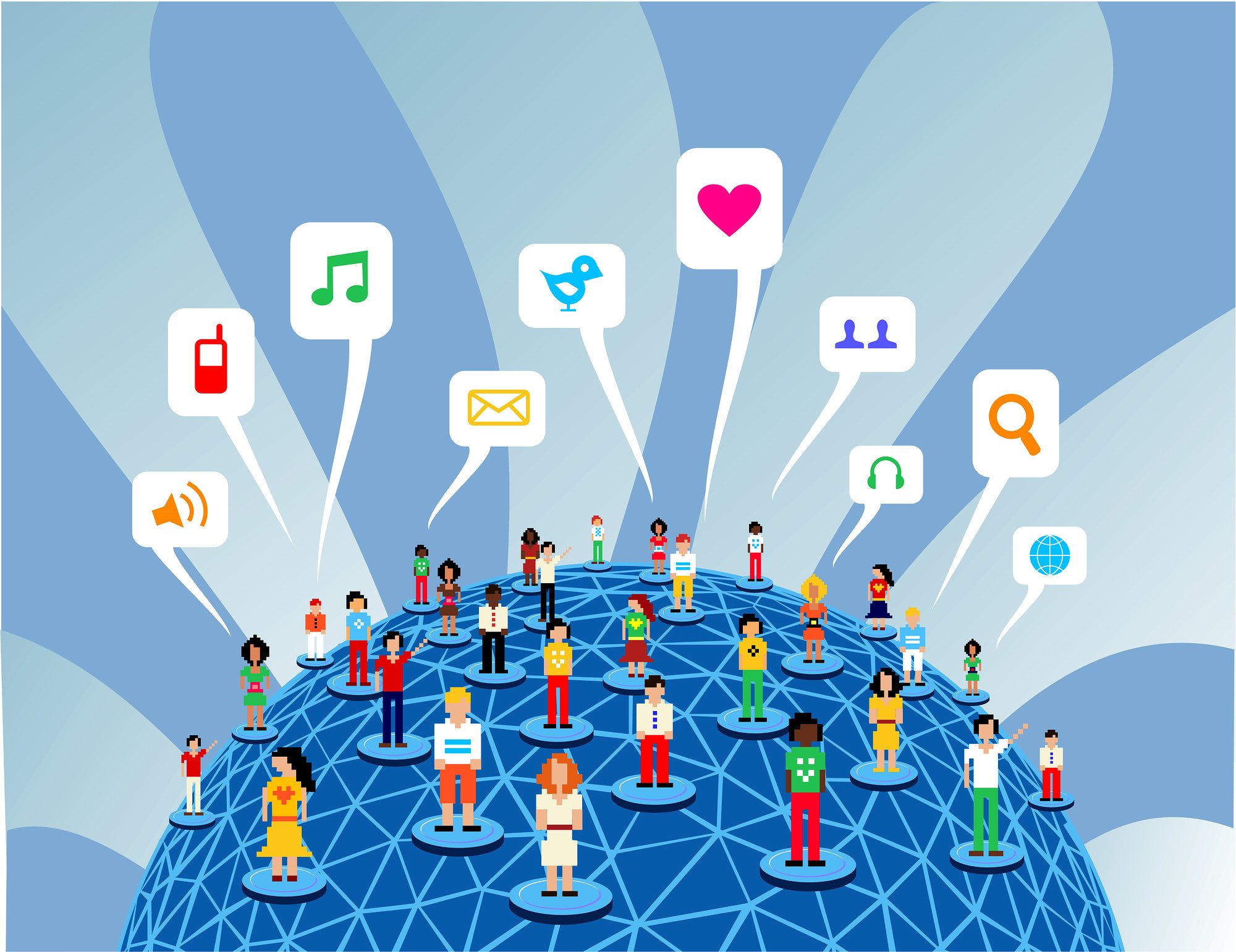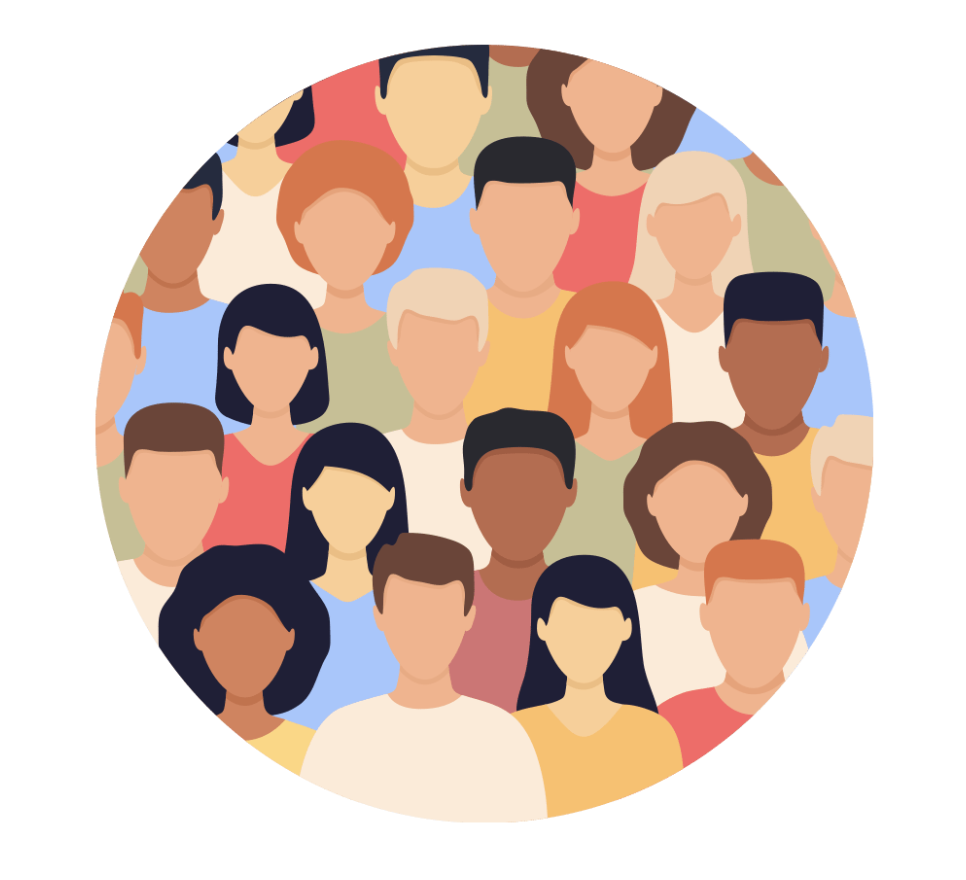Social Work Terminology - Getting To Know The Words Of Support
Have you ever stopped to think about the many ways people help one another, or how different groups come together to offer support? It's pretty amazing, really, how many systems and organizations are out there, all working to make things a little easier for folks when times get tough. From big government agencies to smaller, local groups, there's a whole lot of effort poured into making sure people have what they need to get by and even thrive. It's a vast network, and understanding how it all fits together can sometimes feel like trying to piece together a very large puzzle, you know?
When we talk about words used in social assistance, it’s not just about official forms or legal definitions. It's about the language that describes how we, as a society, try to lend a hand to those who might be struggling a bit. This could mean help with daily living, a bit of financial aid, or even just a place to feel connected. The terms people use in this area often point to the different kinds of assistance available and who provides it. It’s a way of labeling the various roles and actions involved in supporting community members, and that, is that, a very important part of how things work.
So, what does it all mean for you, perhaps, or for someone you care about? Well, getting a handle on some of these key ideas can make a real difference when you're looking for aid or just trying to make sense of the support systems around us. It helps to know the names of things, doesn't it? That way, you can figure out where to go, what to ask for, and who might be able to offer a helping hand. We'll chat a little about some of these terms and how they show up in everyday life, actually, just to give you a clearer picture.
Table of Contents
- What does 'social' really mean in this context?
- How do official bodies fit into social work terminology?
- What support structures are available for social needs?
- Beyond government - what other groups help?
- The future of getting help
What does 'social' really mean in this context?
When we hear the word "social," our minds might jump to parties or online chats, but in the context of support systems, it has a deeper meaning. The word "social" can point to something that involves allies or confederates, which means groups of people working together for a common aim. This idea of people joining forces is at the very core of how these services operate, you know? It's not just about one person giving help to another; it’s about a whole network, a community, stepping up together to make sure everyone has a fair shake.
Think about it like this: when a neighborhood comes together to help a family after a difficult time, that's a very social act. It's about collective care, a shared responsibility for the well-being of others. The official systems we have, like Social Security, were built on this very principle. They are designed to be a collective safety net, where many contribute so that all can benefit when they need it most. It's a pretty powerful concept, actually, when you stop and consider it.
This collective approach is what makes these support structures so important. It ensures that help isn't just a matter of luck or individual charity, but a more consistent and organized effort. So, when we talk about social programs, we're really talking about ways that groups of people, whether through government or community organizations, come together to provide for common needs. It’s a foundational idea that shapes so much of what we see around us, in a way, concerning how we care for one another.
The idea of social connections
The phrase "social connections" really brings home the point that human interaction and support are at the heart of these services. It's not just about money or resources; it's also about building community and ensuring people feel part of something larger. For instance, a group like Social Dallas, mentioned in my text, aims to offer a lively and welcoming place for people seeking spiritual growth and a sense of belonging. This kind of work, though perhaps not what you first think of when you hear "social work," is still very much about fostering positive social ties.
These connections can be absolutely vital for someone’s well-being. Feeling alone or isolated can make tough times even harder. So, when organizations work to bring people together, whether through regular meetings, shared activities, or spiritual gatherings, they are providing a form of social support that can be just as important as financial aid. It’s about creating a feeling of community, a place where people can feel supported and understood. This is a pretty significant part of the overall picture, isn't it?
The very meaning of "social" here extends beyond mere assistance; it includes creating environments where individuals can grow, find purpose, and feel linked to others. This kind of effort allows different groups to meet people right where they are, offering a chance to build strong, lasting community bonds. It's a way of making sure that the human element, the need for belonging, is not forgotten in the provision of aid. This aspect, you know, makes the whole system feel a bit more complete.
How do official bodies fit into social work terminology?
When people talk about official bodies in this area, they often mean government groups that provide services, and one of the biggest is the Social Security Administration. This organization plays a really big part in many people's lives, whether they are getting benefits now or planning for the future. The annual report on the financial state of the Social Security trust funds, as my text points out, is a regular check-up on how things are going with this very important system. It helps everyone understand the health of the program, which is pretty important for a lot of people.
These official groups set up the broad structures for aid, making sure there's a framework for who gets help and how. They deal with things like retirement support, disability payments, and other forms of direct assistance. The language they use can seem a bit formal at times, but it's all about making sure everyone is clear on the rules and what to expect. It's a way of standardizing things so that the process is fair and organized for everyone involved, which, honestly, is quite a task.
Their role is to create a reliable system that can reach a vast number of people across the country. They are the ones who manage the funds, process applications, and ensure that the rules are followed. So, when you hear about the "Social Security Board of Trustees" or "trust funds," these are terms that refer to the financial backbone and oversight of a major government program aimed at providing a kind of social safety net for millions of people. It's a pretty massive undertaking, actually.
Your social security account
A really helpful part of how the Social Security Administration works today is through personalized online tools, like the "My Social Security" account. This is a free and safe way for people to manage their details, whether they are already receiving payments or just checking on their future benefits. It gives you, in a way, a direct line to your own information, which is pretty convenient.
With an account, you can do things like ask for a replacement Social Security card, which saves you a trip to an office. If you already have a login.gov or id.me account, you don't even need to make a new one; you can just use your existing details to get into Social Security's services. This push for more online options is all about giving people more control and freedom when they need to do business with the agency. It's really about making things simpler and more accessible for everyone, don't you think?
The ability to apply for retirement or disability online, as mentioned in my text, is another example of how these official bodies are making their services more user-friendly. It's about bringing the support directly to you, wherever you are, rather than making you go out of your way. This shift shows a desire to adapt to how people live now, making it easier to access important aid with just a few clicks. It's a pretty smart move, to be honest, to help people feel more in charge of their future.
What support structures are available for social needs?
When people need help, they often wonder where to go, and the truth is, there are a few different ways to get assistance. The Social Security Administration, for instance, has been expanding its online services quite a bit, so you can often do what you need to do from your own home. Applying for retirement or disability, for example, can now be done over the internet. This saves a lot of time and effort for many people, you know, which is a good thing.
However, for those who prefer or need to speak with someone in person, there are still local offices. My text mentions that the Philadelphia region alone, which includes places like Delaware, Maryland, and parts of Virginia, has 131 field offices. That's a lot of places where people can go to get help face-to-face. These offices are there to provide direct support and answer questions that might be too complex for a phone call or online form. It's good to have options, isn't it?
The goal, it seems, is to make sure that help is available in various forms, catering to different preferences and situations. Whether it's a call to the national 800 number or a visit to a local branch, the idea is to ensure that people can connect with the services they require without too much trouble. It's all part of making sure that the support structures are accessible and responsive to the community's needs, which, honestly, is a very big job.
Local work for community aid
The presence of so many local offices, like the 131 field offices in the Philadelphia region or the specific information for the Chicago region mentioned in my text, shows just how much effort goes into providing community aid right where people live. These local hubs are important because they offer a more personal touch, allowing individuals to get specific help that might be harder to sort out online or over the phone. They are, in a way, the physical points of contact for many people seeking assistance.
These offices are where people can go for things like requesting a replacement Social Security card in person, or getting detailed answers about their benefits. The fact that the Social Security Administration is planning to require appointments for services at local offices starting in January 2025, as my text states, indicates a shift towards more organized and efficient in-person support. It's about making sure that when you do go in, you get the attention you need without a long wait, which is pretty thoughtful, really.
Beyond the federal level, local city and state governments also offer a huge array of social services. These can include help with finding employment, getting cash aid, food support, or even housing. Dallas, for example, has various social services that provide emergency assistance to families experiencing a temporary financial crisis. This local work is absolutely vital because it addresses immediate needs and provides a safety net for people in their own communities, which is very important for stability.
Beyond government - what other groups help?
While government bodies like the Social Security Administration are a huge part of the support system, they are certainly not the only ones offering help. There are many other groups, often non-profit or faith-based, that play a really big role in providing aid and building community. These organizations often fill gaps that official services might not cover, or they provide support in a different, perhaps more personal, way. It's a broad spectrum of assistance, you know?
For instance, my text mentions Social Dallas, a group that offers a vibrant and welcoming community focused on spiritual growth and connection. While this might not be "social work" in the traditional sense of providing financial aid, it is absolutely about supporting people's well-being and helping them find a sense of belonging. This kind of group meets people where they are, offering a chance to build a stronger community, which is a pretty powerful thing for individuals.
Then there are specific social services and support programs, like the one that provides emergency assistance to individuals and families facing a temporary financial crisis. These programs, often run by local governments or charities, give financial services based on need. They are designed to be a quick response to immediate problems, helping people get back on their feet when unexpected difficulties arise. It's a very direct form of help, actually, when someone needs it most.
Broadening the terminology of help
When we think about the "terminology of help," it really goes beyond just the official names of government programs. It includes the language used by all these different kinds of organizations that provide support. For example, a church group offering spiritual guidance and community connection is providing a type of social support, even if they don't call it "social work" in the same way a government agency might. It's about the broader idea of caring for people's needs, which can be quite varied.
The term "social" itself, as we discussed, means involving allies or confederates, and this applies to these community-based efforts just as much as it does to federal programs. When people gather for services, share experiences, or receive emergency aid from a local charity, they are engaging in a collective effort to support one another. This expands our idea of what "social work terminology" can mean; it's not just about formal processes but also about the informal, yet equally important, ways that communities come together.
The goal of these diverse groups is often similar: to improve people's lives and provide a sense of stability and belonging. Whether it's through a social services program offering financial aid or a community group fostering spiritual growth, the underlying purpose is to help individuals and families thrive. So, when you hear about these different kinds of support, remember that they all contribute to the larger picture of how we care for one another, which is pretty neat, you know?
The future of getting help
Looking ahead, it seems clear that how people get help is always changing, always adapting to new ways of doing things. The Social Security Administration, for instance, is constantly adding to its online services. This means that more and more, you can take care of your business with them from your computer or phone, which is pretty handy. It's all about giving people more freedom and control over their interactions with these important services.
The shift towards things like applying for retirement or disability online is a big step. It means less time waiting in lines or dealing with paper forms, and more time doing what you need to do. This push for digital options is a sign of how official bodies are trying to make things simpler and more efficient for everyone. It's a way of meeting people where they are, in a world where so much is done online, you know?
Even for in-person services, there are changes coming. The requirement to schedule an appointment for service at local Social Security offices, starting in 2025, is another way to make the process smoother. This means that when you do visit an office, you'll likely have a set time, reducing waiting and making the experience more predictable. It's about making the whole process of getting help as straightforward as possible, which is a pretty good goal.
The future of social assistance
The future of social assistance, in many ways, seems to be about blending convenience with personal support. The goal is to make sure that help is accessible to everyone, whether they prefer to use a website, make a phone call, or visit an office in person. The continuous expansion of online tools, like the "My Social Security" account, gives people more direct access to their information and services, allowing them to feel more in control of their future, which is pretty empowering.
The idea that "social crosses all barriers, and desires to reach people globally" speaks to a bigger vision for how support can be offered. It’s about meeting people exactly where they are, no matter their situation or location, and providing them with opportunities for growth and connection. This means thinking about assistance in a very broad sense, going beyond just financial aid to include community building, spiritual well-being, and overall human support.
Ultimately, the aim is to create a system that is both efficient and deeply human. By offering a variety of ways to get help and by focusing on both practical aid and community connection, the idea is to build a more responsive and caring network. It's about ensuring that the words we use, the "social work terminology," truly reflect a commitment to supporting people in all the ways they need it, now and into the future, which is, honestly, a wonderful thing to strive for.

Is Social Media Fueling Social Anxiety? – Lehigh Center

The Biggest Social Media Trends in 2023

Home - Dean's Office SEL lessons - LibGuides at J. Sterling Morton High